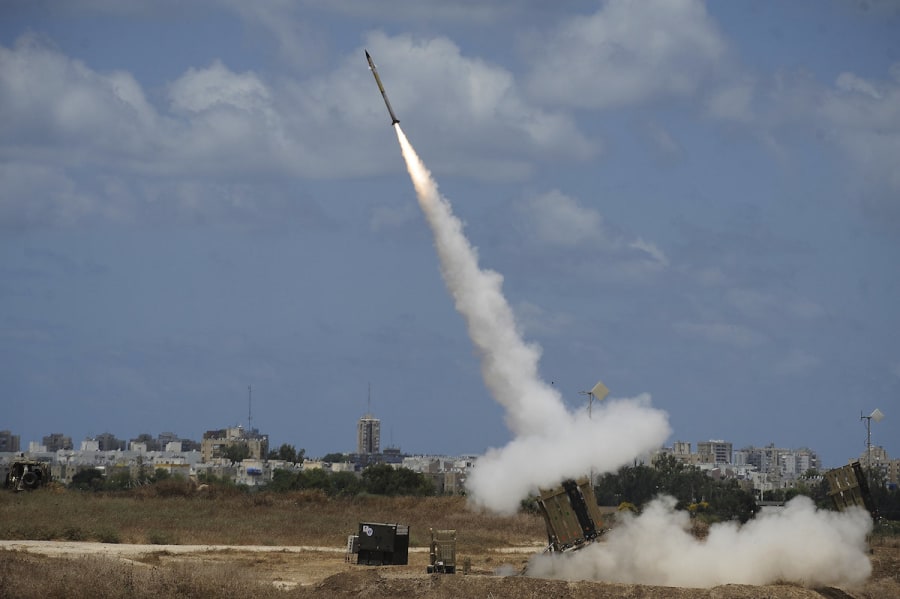IDF admits Iron Dome technical failure caused poor performance in recent attacks
Military spokesperson had claimed all was well with the system Wednesday

As Ynet News first reported in Hebrew on Tuesday, the Iron Dome did not perform well in stopping the first barrage of rockets from Gaza on Tuesday morning.
The system intercepted six of the ten rockets headed to populated areas. The system performed better on later barrages later Tuesday afternoon and into the night.
In total, the system intercepted 24 rockets out of 104 rockets launched. Forty-eight rockets fell in open areas and were not intercepted, according to IDF policy. Another 48 rockets fell into the Gaza Strip, and 24 landed in the sea.
While the Iron Dome had a 90.5% interception rate by the end of the attacks, the initial interception rate was only 60%, the lowest performance by the system.
Today, the IDF announced that a technical glitch caused the initially poor performance. They said the glitch was “dealt with immediately”, leading to improved performance.
After Ynet News noted the poor system performance on Tuesday, IDF Chief Spokesman Brig. Gen. Daniel Hagari said that all was well with the system.
Hagari was apparently referring to the performance of the system at the end of the attacks early Wednesday morning.
The rocket attacks were launched in a cooperative attack by several terror groups in Gaza following the death of senior Palestinian Islamic Jihad leader Sheikh Khader Adnan.
During the attacks, three foreign workers at a construction site in Sderot were injured: two moderately and one seriously.
The Iron Dome has demonstrated a 90% efficiency since 2021 and has been critical in reducing the threat of Hamas and Palestinian Islamic Jihad rocket attacks.
In fact, some analysts claim the system’s efficiency explains the turn towards more traditional terror attacks in the last year.

The All Israel News Staff is a team of journalists in Israel.













